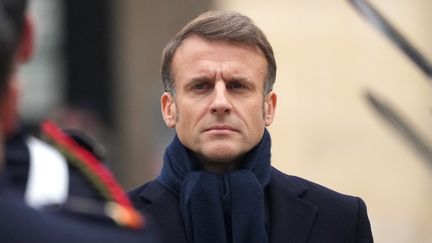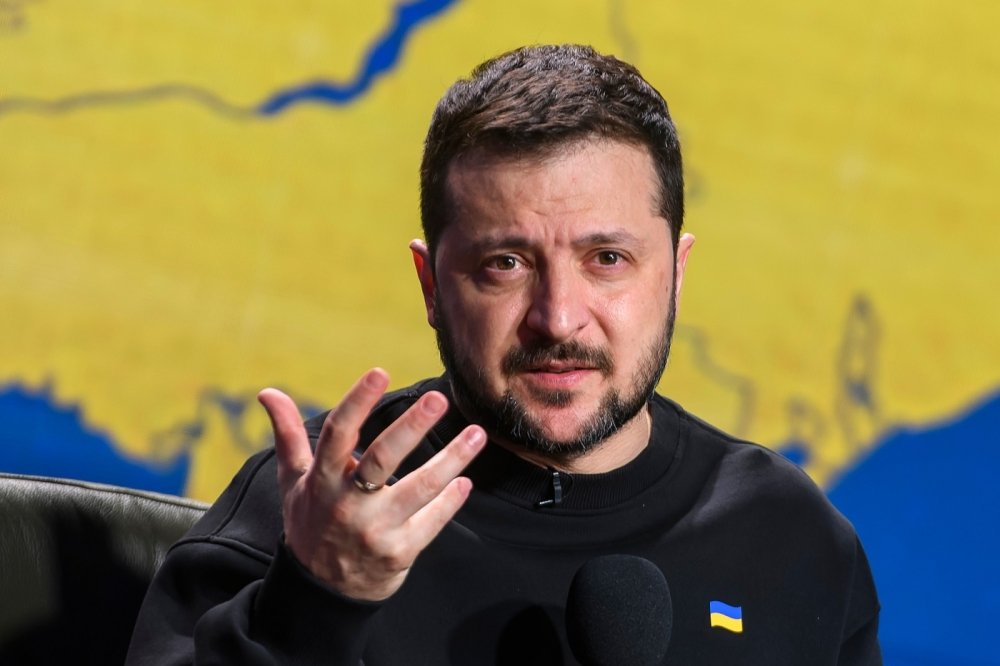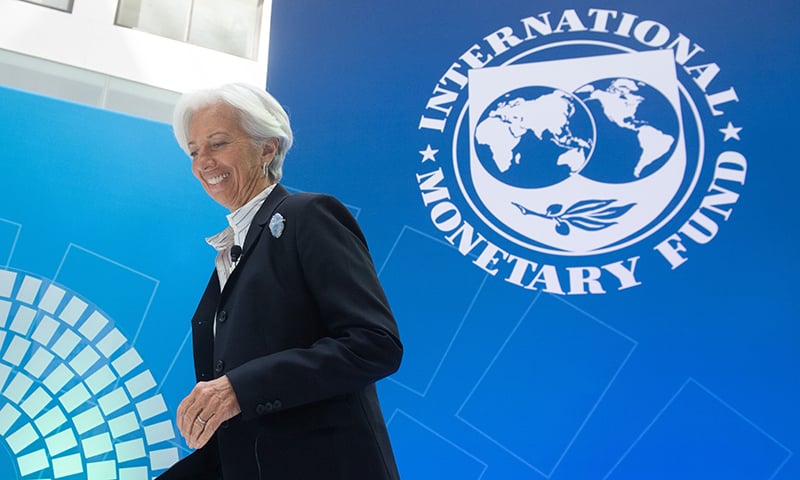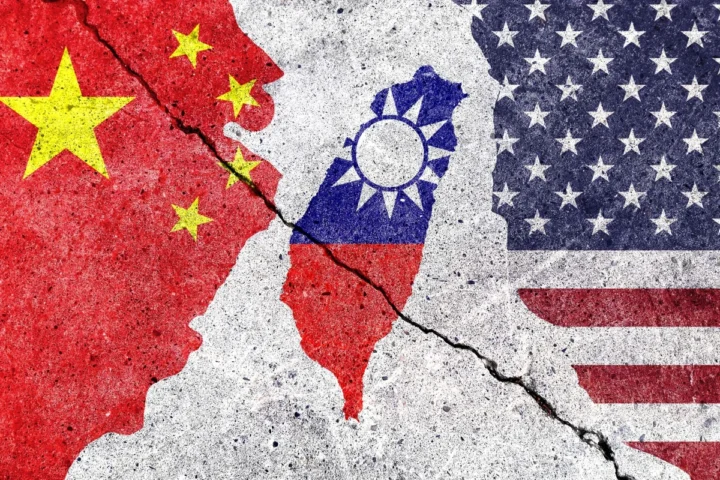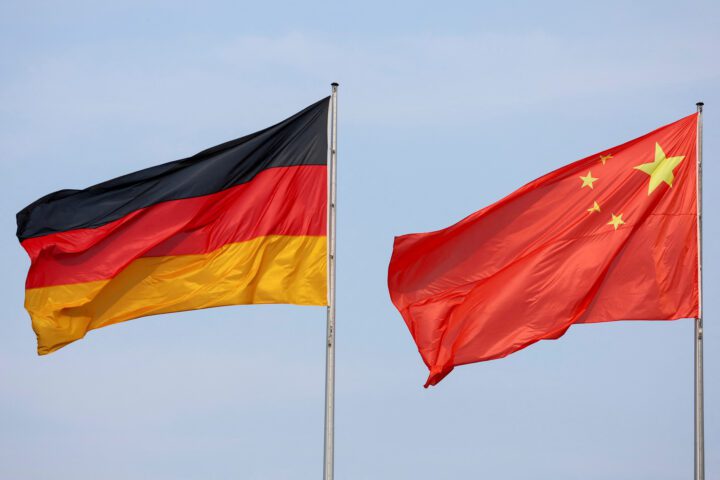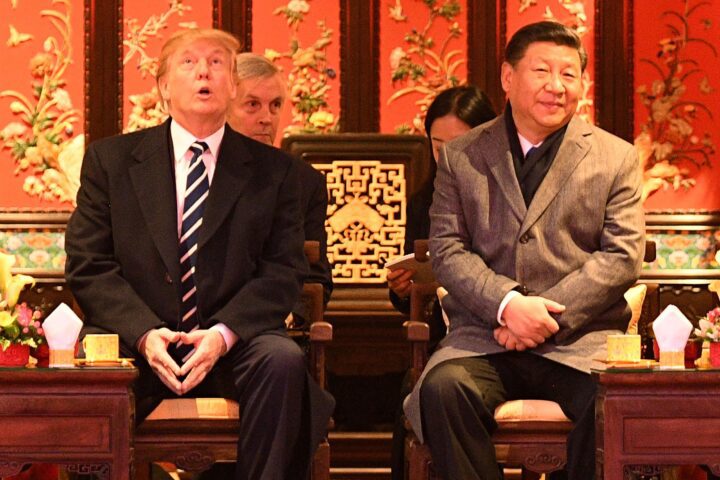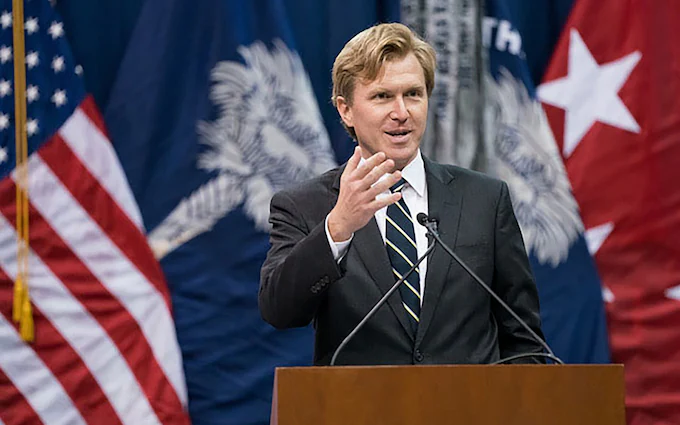Emmanuel Macron, the President of France, is a prominent figure in European and global politics. Born on December 21, 1977, in Amiens, France, Macron’s rise to the presidency is marked by his background in public service, finance, and his centrist political vision.
Early Life and Education
Macron was born into a family of healthcare professionals. His father was a professor of neurology, and his mother was a physician. He excelled academically, studying philosophy at the University of Paris-Nanterre and later attending the prestigious École Nationale d’Administration (ENA), where many of France’s top civil servants are trained1.
Career in Public Service and Finance
After graduating from ENA in 2004, Macron joined the Inspectorate General of Finance, where he worked for four years. He then transitioned to the private sector, joining Rothschild & Cie Banque as an investment banker. His success in finance, particularly his role in advising on significant mergers and acquisitions, bolstered his reputation2.
Political Ascent
Macron’s political career began in earnest when he was appointed Deputy Secretary-General of the Élysée under President François Hollande in 2012. In 2014, he became the Minister of Economy, Industry, and Digital Affairs, where he championed pro-business reforms and economic liberalization2.
In 2016, Macron founded his own political movement, La République En Marche! (LREM), positioning it as a centrist alternative to the traditional left and right parties. His platform focused on progressive reforms, economic modernization, and strengthening the European Union2.
Presidency
Macron won the 2017 presidential election, defeating Marine Le Pen of the National Front in a decisive victory. At 39, he became the youngest President in French history. His first term was marked by significant reforms, including changes to labor laws, tax policies, and efforts to reduce public spending1.
Macron’s presidency has also faced challenges, such as the Yellow Vest protests, which were sparked by opposition to fuel taxes and broader economic grievances. His handling of the COVID-19 pandemic and the subsequent economic recovery efforts have been critical aspects of his leadership1.
In 2022, Macron was re-elected, again defeating Marine Le Pen. His second term has focused on addressing climate change, further economic reforms, and navigating the geopolitical complexities arising from the Russian invasion of Ukraine2.
Foreign Policy and European Leadership
Macron has been a strong advocate for the European Union, pushing for greater integration and cooperation among member states. He has also taken a proactive stance on global issues, including climate change, international security, and economic globalization. Macron’s vision for a more united and influential Europe has been a cornerstone of his foreign policy2.
Legacy
Emmanuel Macron’s legacy is still being shaped, but his impact on French and European politics is significant. Supporters view him as a dynamic and forward-thinking leader who has brought much-needed reforms and stability. Critics argue that his policies have sometimes favored the wealthy and that his approach to social issues has been divisive. Regardless of perspective, Macron’s role in shaping modern France and his influence on the European stage are undeniable.
